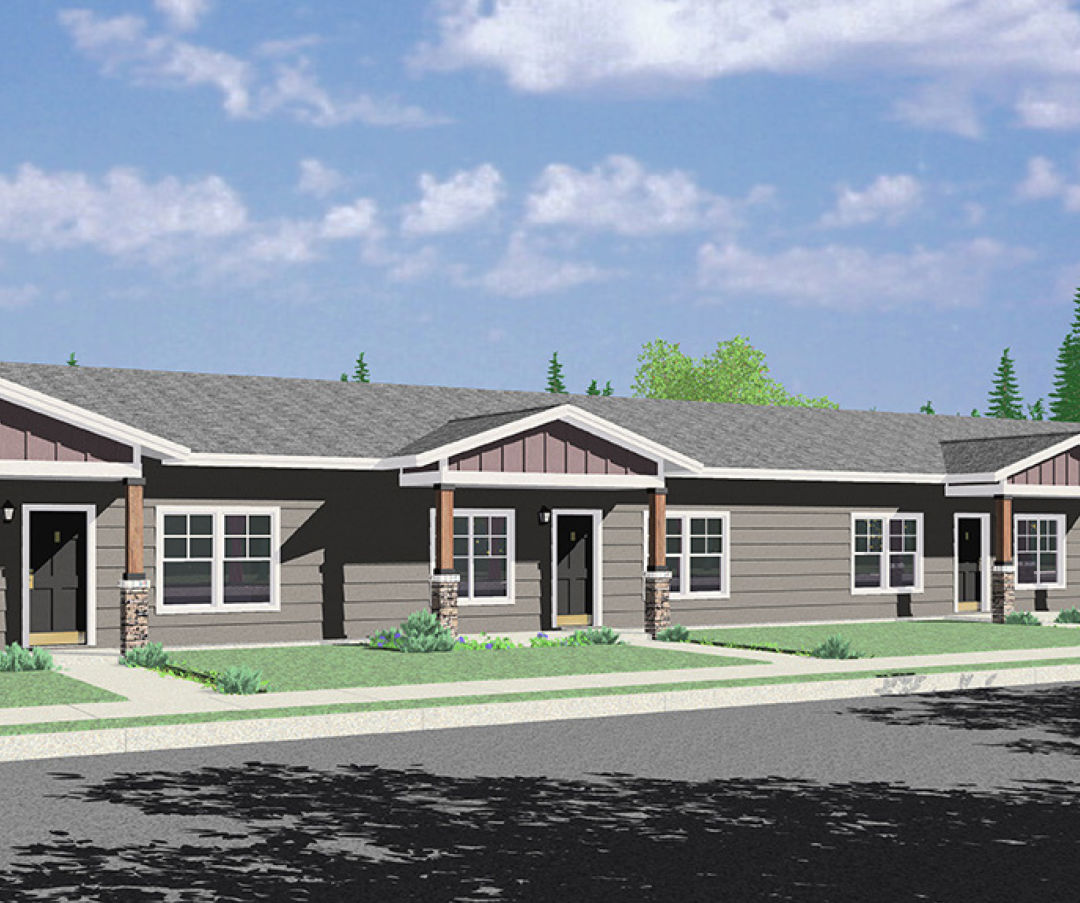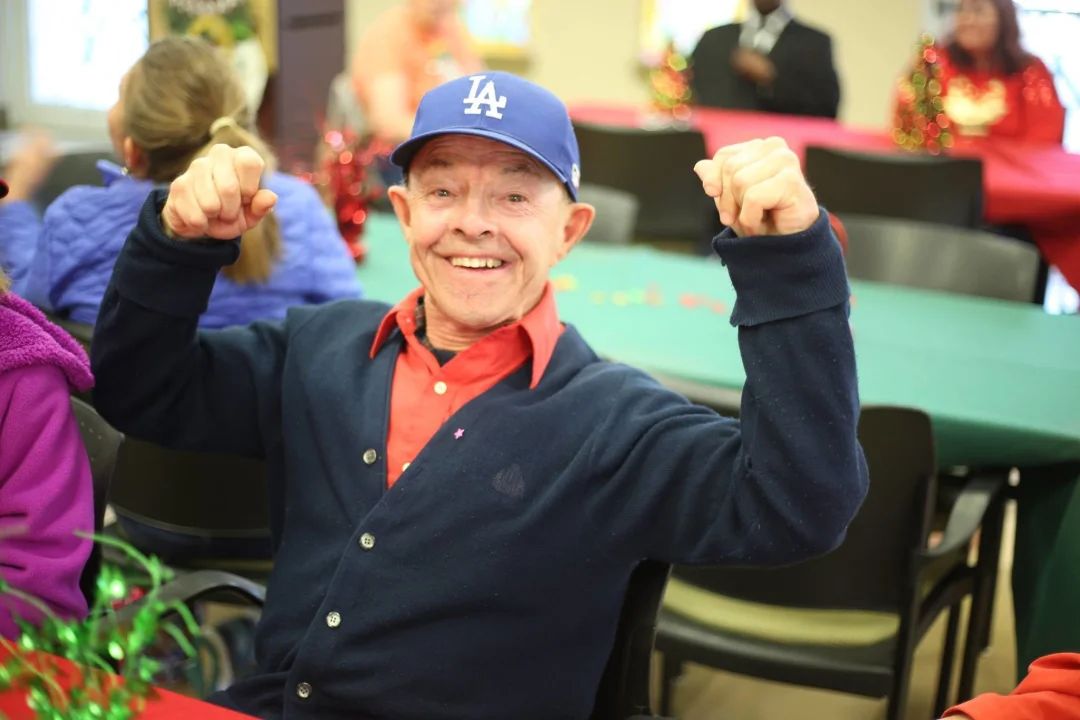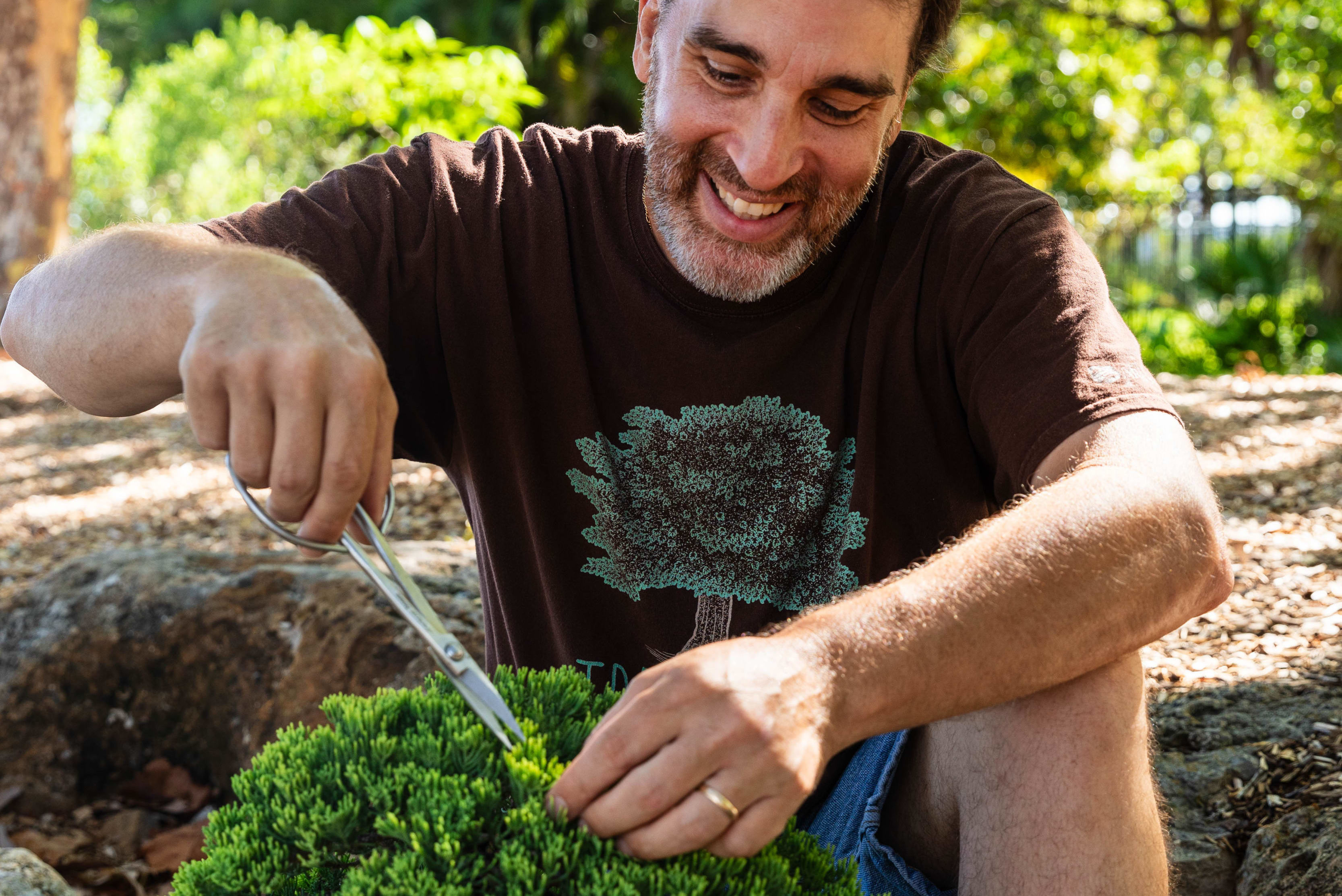New Housing For Adults With Intellectual and Developmental Disabilities Is On The Horizon

Image: Courtesy Photo
The Haven, a nonprofit organization that offers programs and services for adults and children with intellectual and developmental disabilities (IDD), is embarking on a new project that will see at least eight residences built down the street from its 32-acre campus. The new Haven Residences at UTC will focus on housing differently abled adults who are often “a forgotten and underserved community,” says Karen Shapiro, who, with her husband Steve, made a major gift to the nonprofit to allow the $1.05 million purchase of the 2.24 acres at 5167 DeSoto Road.
It’s early in the building process, and the final number of units isn’t set yet, but “we’re leaning toward townhome or duplex style, with two, three and four bedroom homes,” says Alison Thomas, The Haven's chief operating officer. But they’ll all be single-story, for ease of aging in place. A clubhouse in the center will foster inclusion and opportunities for socialization, like daily evening meals. That socialization piece is among the chief concerns for parents of people with IDD.
“I’ve worked in the IDD community for years, and I've seen the struggle. It’s a challenge finding similar peers and creating a community," says Shapiro. "There’s nothing like [Haven Residences at UTC] in the country. I've looked and it’s a unique model.” Shapiro moved here two years ago from Connecticut with her husband and their adult son, who is on the autism spectrum.
The houses will be designed to face towards the center of the community, so whenever you open your front door, “you'll probably see a friend,” Thomas says. The community will also include a gym, game room and theater.
The project will look a little different from The Haven’s previous residential models, where support is more intense and staff helps with medication administration, groceries, cooking, cleaning, self-care and hygiene, safety skills and more. This one fills a gap by fostering a little more independence, and will have an around-the-clock staff person—"kind of like a house mom,” Thomas explains—at the clubhouse. She adds that the residents will probably be working, and some drive or have social groups they're part of already. "They mostly make their own meals and will be doing their own grocery shopping,” she says.
The residences will be privately owned and managed by the nonprofit, and the proximity to The Haven's sprawling original campus at 4405 DeSoto Road isn't even a quarter a mile away, so residents can pop by to use amenities or simply visit.
The Haven has six group homes. The first, Friendship House, opened in 1983. In 2016, the Marlene House was funded by an executive from John Deere Tractors; and two group homes are opening in October. Together, they house roughly 75 people. The youngest resident is 21 and the oldest is in their mid-80s. There are more than 350 people on the waitlist, and Thomas says at the rate of need, they'll likely never fulfill the demand.
The parcel at 5167 DeSoto Road allows up to 11 units on the site. Applying for a potential rezoning of the land would allow up to 20 multifamily units or 40 accessory dwelling units.
Thomas says it's too early to share pricing for the lease or rent units, which will depend on what type of build-out The Haven chooses. Input from families and their unique needs will be part of the process. Groundbreaking will likely take place in 2025, and the building will roll out in phases as funds, mostly from private donors, are available.

Image: Courtesy Photo
Created by a group of caring parents, The Haven began providing services for members of the IDD community in 1954 as the Sunshine Day School. It had four students and a teacher in a hangar at the Sarasota-Bradenton airport. Now it serves roughly 650 people a year.
The original group was ahead of its time—in the '50s, institutionalization was common for people with IDD. In the 1960s, The Haven wanted to expand—to do so, its team sold more than 20,000 pounds of Claxton fruit cakes and raised $10,000 to buy the property on DeSoto Road. We wrote about The Haven's CEO, Brad Jones when he earned a Unity Award in 2014. He continues to lead the organization today.

Image: Christine Wozz Photography
Along with its residential program, the nonprofit offers a roster of education and job-training services, including Selby Preschool, the Haven Academy and an Adult Day Training program. The preschool teaches typically developing children and children with IDD, while the Adult Day Training program helps many adults hold part-time jobs by partnering with local businesses. The Haven also employs its own clients in jobs like janitorial services, lawn care and cooking.
"Having a disability doesn't mean having zero abilities," Shapiro says. "It's a different set of skills. Adults with IDD are statistically under-employed and often remain dependent on relatives or the state—yet they're very capable of participating and being rich community members. Everybody wants a sense of purpose."
To learn more about The Haven, click here. If you are a restaurant or business owner interested in partnering with The Haven for employment programming, click here.



